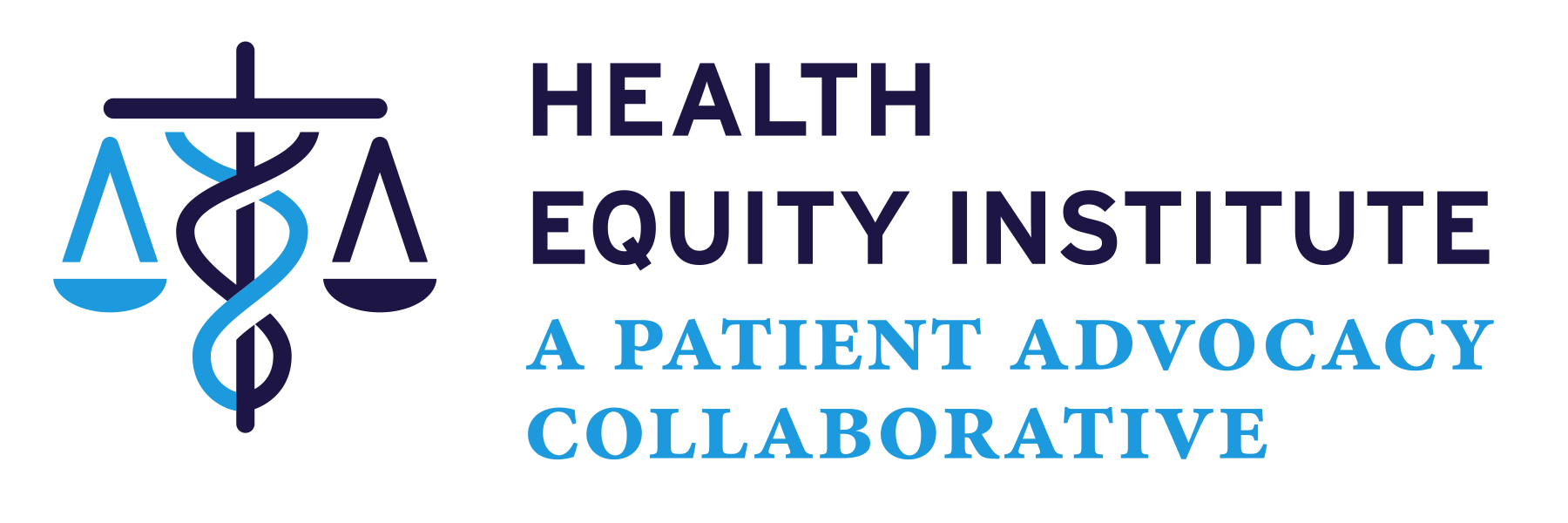Advocacy
HEI provides education and connection to resources to people facing life changing health events who are seeking guidance in the health care system. If pro bono resources are not available, HEI grants to advocates help make advocacy services freely available to patients in need in Massachusetts.

HEI is involved in advocacy at all levels: at the individual level, with patients and families, and at the state and national level, advocating for systems change with groups, organizations, and institutions.
At the state and national level, HEI seeks to create transformational systems-level change. Each year, we choose one issue to focus on; we then work to educate policy-makers, health systems administrators, medical education teams, and community partners about the need for systems-level change.

What is patient advocacy?
According to the National Cancer Institute, a patient advocate is defined as “a person who helps guide a patient through the healthcare system.” A patient advocate is sometimes also called a patient navigator.
What does patient advocacy mean at HEI?

It means supporting individuals through a difficult health challenge and offering guidance in any of the following ways:
- Connecting people with care
- Facilitating communication within and between treatment teams
- Connecting the individual with necessary resources–education, research or social work supports
- Helping patients, families, and providers work together to make tough, important decisions
HEI grants allow patients in need receive advocacy free of charge
The advocates we fund serve patients with life-threatening and serious illnesses and their families. The role of advocacy is not to manage a patient’s care but rather to empower and encourage patients to better advocate for themselves. Advocates who apply for HEI grants will decide together with their clients what kind of advocacy is necessary.
HEI offers grants to advocates who support clients in the following ways:

Assistance with issues around diagnosis and treatment
- Understanding a diagnosis or illness
- Clarifying diagnosis and treatment options
- Researching new or alternate treatments and make decisions based on those options
- Translating the latest medical breakthroughs—and the medical jargon
- Reviewing your medical record

Coordination of Care and Support
- Ensuring key family members and health care providers are informed and working together
- Assistance finding needed specialists and bringing together a medical team
- Coordination of resources
Medical Decision Making
- Helping gathering information
- Exploring all possible options for care
- Empowering patients build their own self-advocacy skills as needed


Family Matters
- Support talking about an illness with family members
- Help identifying resources for guidance
- Assistance identifying a healthcare proxy
Financial hurdles
- Negotiating coverage with insurance providers
- Helping clarify financing options for treatments
- Helping to sort through insurance options


